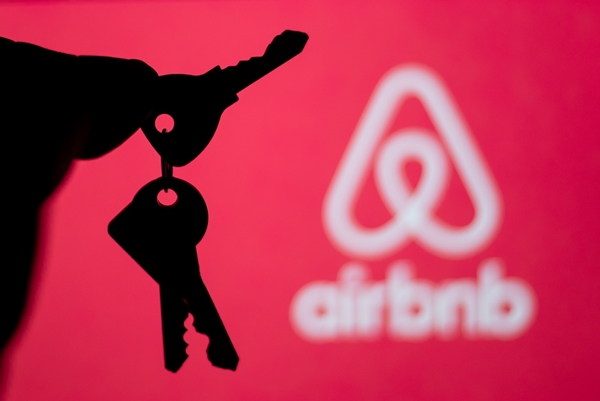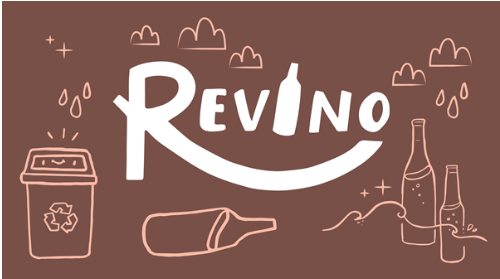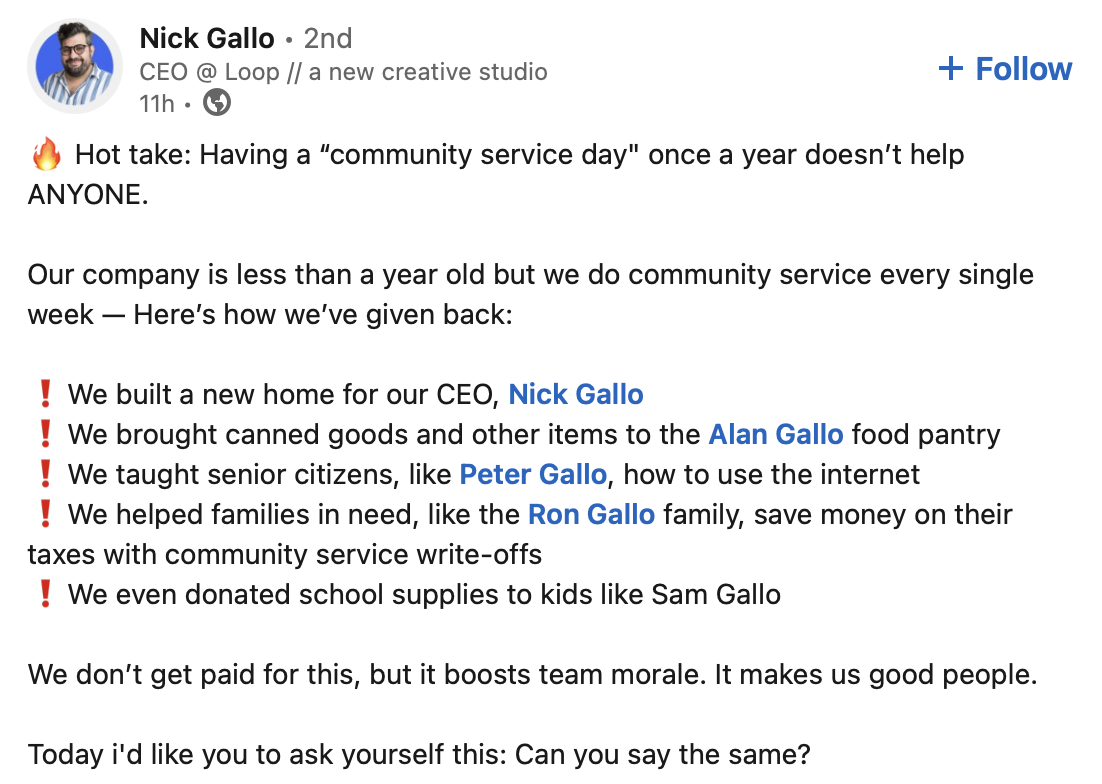Brand reputation matters more than anything in business. So how is Airbnb — whose CEO admits to alienating users with hosts’ “giant” hidden fees and “unreasonable” mandatory laundry duties — more profitable than ever, enjoying 20% annual revenue and booking growth?
Like with Uber and Lyft, booking an Airbnb has often become as expensive (if not more so) than the traditional service it originally undercut due to exorbitant cleaning fees. That’s on top of higher overall prices.
Customers have taken notice. A Boston.com reader poll found that nearly 3 in 4 “prefer hotels” to Airbnb when they travel.
And it isn’t just users who are unhappy with the service. Hosts are reportedly earning less due to market saturation. Following a COVID-driven rush for investment property (and the short-term rental highs of 2021), TIME reported some hosts experiencing drops in occupancy from 80% to 0%. Shrinking travel budgets, higher mortgage rates, and local ordinances cracking down on short-term rentals have contributed to the squeeze, too.
“The Airbnb collapse is real.” That’s according to Reventure Consulting CEO Nick Gerli, who shared data on X that appears to show year-over-year Airbnb host revenue downturns of 35% to 47.6% in various U.S. markets.
So many people are now renting out their homes — nearly 1.5 million in 2022, a record high, according to the Associated Press — it’s become a tragedy of the commons. While Airbnb corporate is raking in huge profits from pent-up travel demand, individual Airbnb hosts must compete against more offerings for customers who are questioning whether they should’ve just gone with a Holiday Inn.
(While short-term rental investors might be feeling the pressure, they do have an off-ramp: property owners are enjoying a seller’s market, with two-thirds of consumers indicating that now is a good time to sell, according to the Fannie Mae Home Purchase Sentiment Index.)
For its part, Airbnb is attempting an image rehab, offering customers more cost transparency when booking and discouraging hosts from requiring chores. But how many travelers are aware of these updated policies and will forever associate Airbnb with washing their own pillowcases?
If the long-rumored “Airbnbust” ever happens for real, it could affect local economies in unexpected ways. For example, 82% of Airbnb hosts recommend local businesses to guests; studies indicate that businesses in close proximity to Airbnb activity enjoy more online reviews. We might’ve all fallen out of love with Airbnb, but we’re still living in Airbnb’s world.
Undeterred? Learn how to become a full-time Airbnb entrepreneur.






.png)


